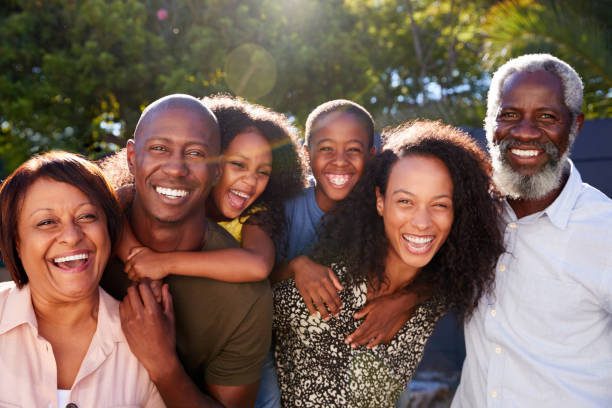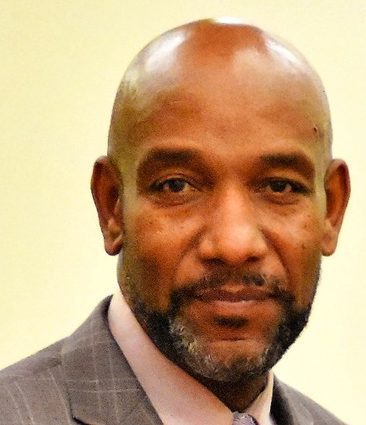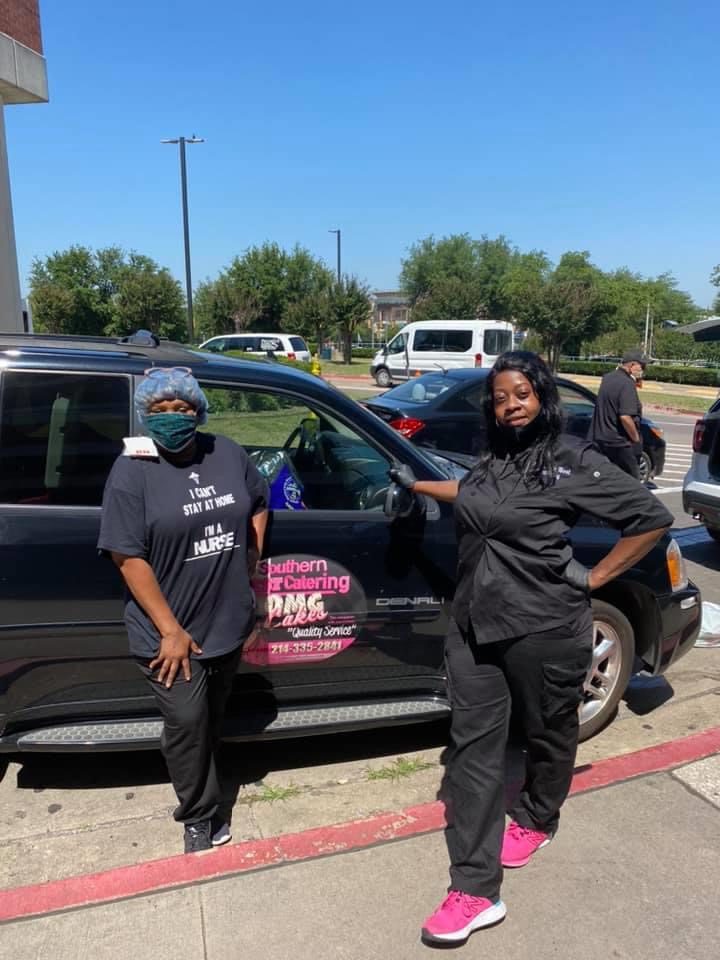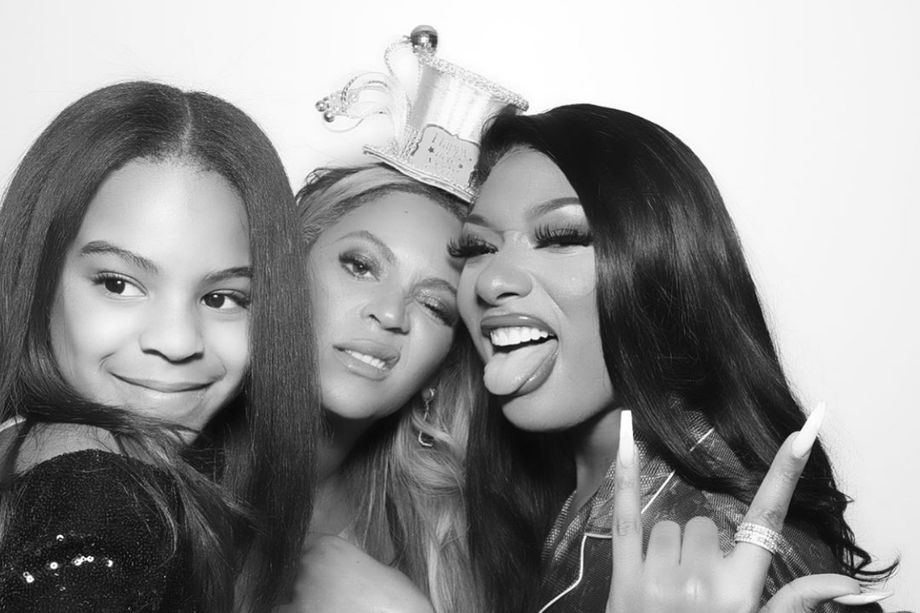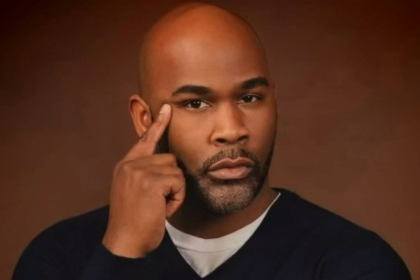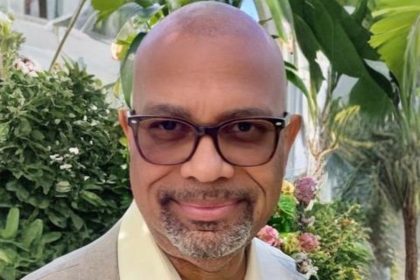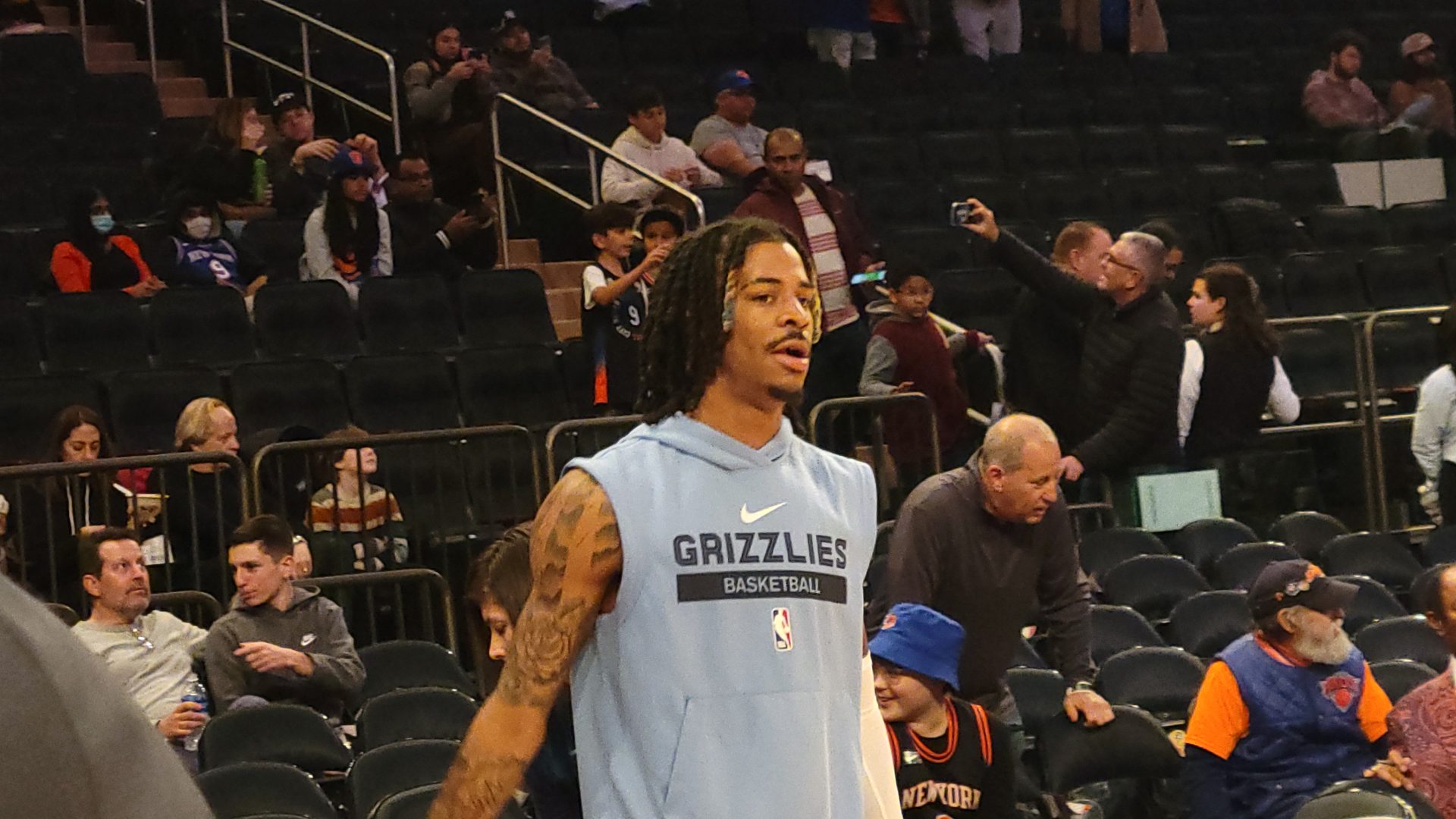That’s why it’s critical that the people around them do their part to make sure they have access to accurate information and one-on-one conversations with their trusted friends and family members who can help them understand the importance of getting vaccinated.
Having these deeply personal conversations with loved ones who are misinformed about the vaccine may seem daunting, but I know that they work. These conversations are what have led many of my patients and friends to get the vaccine. I have shared stories of positive outcomes for people who are vaccinated – how they were able to see their grandchildren again or go to a ball game without having to fear serious illness or even worse, death, from COVID-19. I share that millions of Americans have already safely taken the vaccine, and the vaccines have undergone the most intensive safety monitoring in U.S. history. I remind them that COVID-19 is a serious threat that does serious harm to our communities, and the risks of exposing themselves and their loved ones to COVID-19 should far outweigh any concerns. Especially for those with underlying medical conditions, like my uncle who is a lung cancer survivor, who are at an increased risk from severe illness.
We must do all we can to enlighten the people within our networks about the truth: COVID-19 is real and still quickly spreading. We can avoid transmitting it further by observing proper health and hygiene protocols and, most importantly, getting vaccinated. Dispelling false information about the safety and efficacy of COVID-19 vaccines will be key to influencing hesitant or undecided members of our community.
As a patient of mine said recently: “I’d rather be vaccinated than intubated.”

